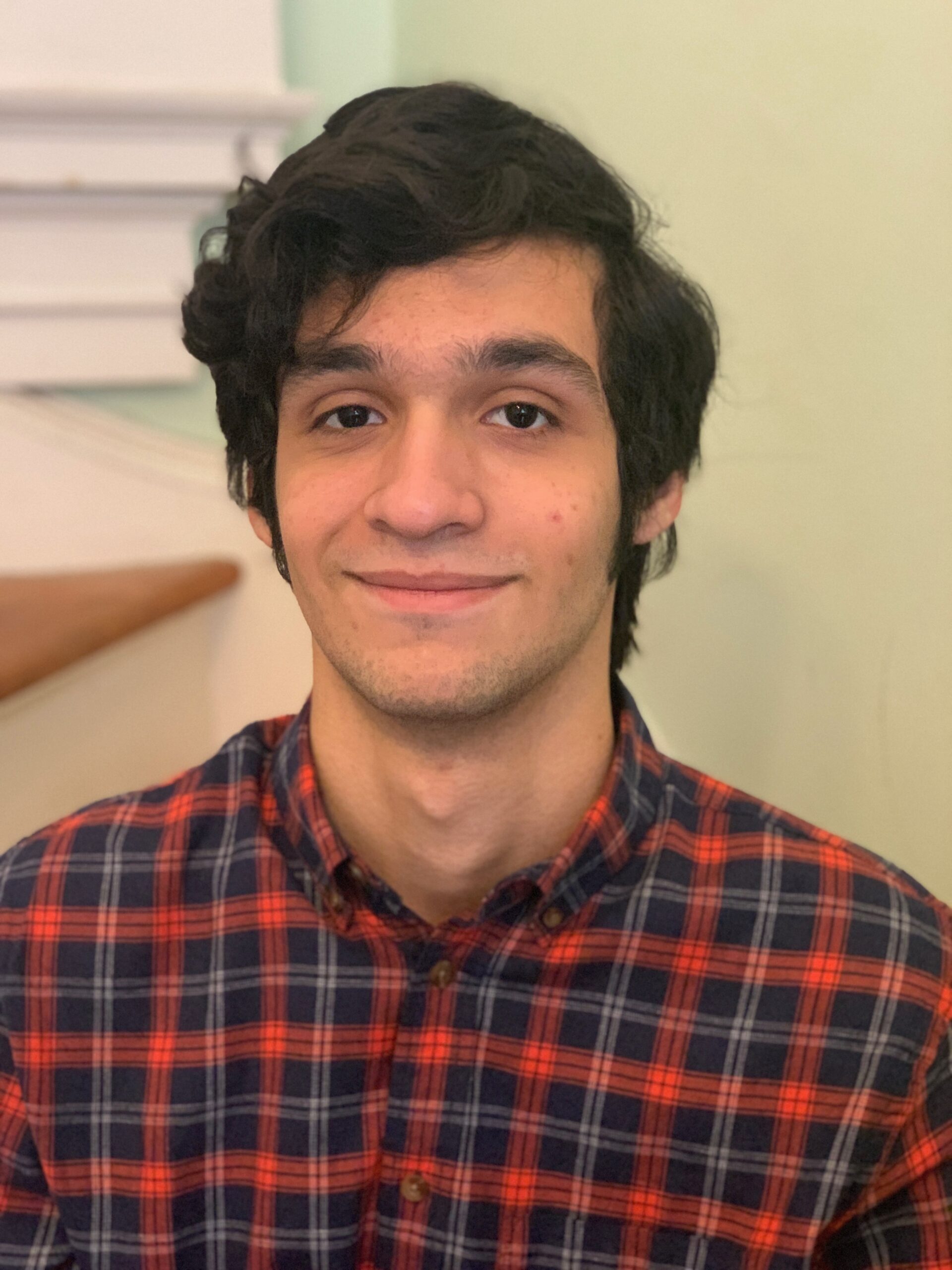The City College of New York offers several opportunities for undergraduate students to conduct research in STEM.
One of these programs is the NSF SCRP STEM Communities Research Program, which aims to increase the retention and graduation rate of students from underrepresented communities in the STEM field and reduce the “culture shock” many of these students may experience in this field of study, according to Dr. Joseph Barba, Professor of Electrical Engineering and PI of the program.
Starting last year, 10 City College undergraduate students with a background in either science or engineering have received the opportunity to work closely with a mentor and complete STEM-related research projects over the summer through the program funded by the National Science Foundation.
The diverse group of students admitted to the program can choose their own mentor if they are interested in working with a particular faculty member, but the program also assigns mentors to students based on their academic and career interests.
The co-PIs are Dr. Feridun Delale, Professor of Mechanical Engineering, and Dr. David Jeruzalmi, Professor of Chemistry. Dr.  Delale, who is also the Chair of the Department of Mechanical Engineering at CCNY, has always been involved with helping undergraduate students participate in research and, in this project, works with Dr. Jeruzalmi to ensure students get the most out of the summer program.
Delale, who is also the Chair of the Department of Mechanical Engineering at CCNY, has always been involved with helping undergraduate students participate in research and, in this project, works with Dr. Jeruzalmi to ensure students get the most out of the summer program.
“In engineering, our research is more practice-oriented than in science,” Dr. Delale said. “But in both cases, it is very beneficial to students to understand their field and how new knowledge is required to deal with real-world challenges.”
The first cohort of 10 students — five with a science background and the other five with an engineering background — completed the program last summer. With pandemic restrictions in place, students and their mentors had to adapt their research strategy to stay safe and adhere to campus and state protocols.
Students had the option of conducting their research remotely or extending the period of research into the fall so that they could get some form of the normal, in-lab experience adapted to health and safety guidelines.
“In science and engineering, most research requires facilities and labs,” Dr. Delale said. “The students had to do this remotely and that presents a challenge to the mentor and the student.”
Despite the limitations imposed due to the pandemic, the program had no problem finding students eager to collaborate with a mentor from the full-time faculty pool and conduct research.
Although some restrictions and protocols have remained in place, the 2021 cohort of students and faculty have largely been able to return to their usual, in-person research mode.
The program culminates with a research symposium in August organized by the CCNY Grove School of Engineering, where students from several undergraduate research programs present the results of the research they conducted over the previous two months in the form of posters and presentations. Their presentations are also posted to the CCNY STEM Communities website.
Along with trying to make students feel more welcomed on campus and in the field of study they wish to pursue, Dr. Delale notes that the advantages of undergraduate research and this program, in particular, are “multi-faceted.”
“The benefit of undergraduate students doing research is very well established. First of all, they have a better understanding of their major and what the cutting-edge issues in their field of study are. Second, they may get interested in attending graduate school.”
In addition to the research component, the program — in conjunction with other CCNY undergraduate programs like CiPASS and NOAA-CREST—gives students the opportunity to participate in professional development workshops and hear faculty and experts from the STEM industry speak about their work or areas of interest.
Dr. Delale acknowledged that a future goal for the program, if it receives additional funding, is to include more students who would greatly benefit from the mentorship and the opportunity to participate in research.

Gabriel is a student at the Weissman School of Arts and Sciences at Baruch College, double majoring in journalism and political science. He is also the editor of the Science & Technology section of Baruch College’s independent, student-run newspaper, The Ticker.